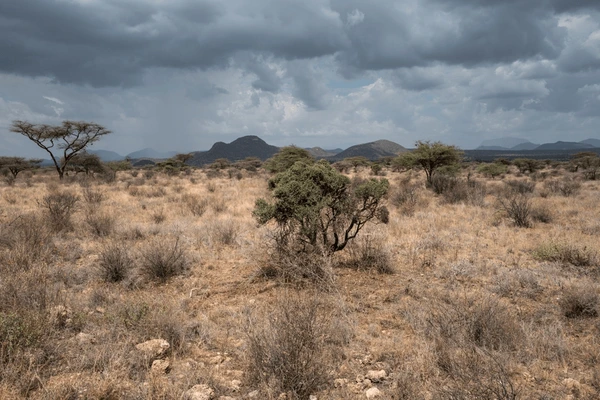Scientists warn multiple climate tipping points are close as reefs and ice reach critical thresholds

Climate tipping points once viewed as distant possibilities are now close enough to shape lives within a generation, according to a major new assessment by more than 100 scientists from over 20 countries. The Global Tipping Points Report 2025 says parts of the climate system may already have crossed into self-reinforcing change, with tropical coral reefs singled out as the first to pass their thermal limit.
Nico Wunderling, Professor of Computational Earth System Sciences at Goethe University’s Centre for Critical Computational Studies, helped lead the chapter on Earth system risks. He said the consequences of breaching these limits “pose a massive threat to our societies” and warned that tipping one system can accelerate the failure of others once temperatures exceed 1.5°C.
Environment — Latest from EyeOnLondon
Explore today’s green headlines and keep reading for context and updates.
TerraPower submits reactor design for UK approval
What a next-gen nuclear design could mean for clean power, costs and timelines.
Read the storyMore Environment
Beavers released into Highlands hailed as wildlife history
A keystone species returns to shape rivers, slow floods and boost biodiversity.
Read the storyMore Environment
‘Dimming the sun’ could cause chaos, scientists warn
Why solar geoengineering raises risks for weather patterns, crops and global governance.
Read the storyMore Environment
The report forecasts that the world is likely to hit 1.5°C above pre-industrial levels in the next few years. That would mark a period when several tipping elements could shift at once, raising the risk of rapid sea-level rise from destabilised ice sheets and disruption to vital ocean currents.
Tim Lenton of the University of Exeter served as coordinating lead author. The study was released ahead of the World Climate Conference in Belém, Brazil, and follows earlier editions that brought tipping research into mainstream policy debates.
What might tip first?
- Coral reefs: Repeated bleaching has driven mass mortality across the tropics. Current warming near 1.4°C already exceeds the estimated reef threshold of about 1.2°C. Even if temperatures stabilise at 1.5°C, most reefs are likely to keep collapsing.
- Amazon rainforest: A shift toward drier savanna is considered possible between 1.5°C and 2°C, with knock-on effects for regional rains and stored carbon.
- Polar ice sheets: Parts of Greenland and West Antarctica may have crossed points that commit the world to metres of sea-level rise over time.
- Atlantic overturning (AMOC): A slowdown and potential failure is considered possible below 2°C, with colder European winters, altered monsoons and lower crop yields in several regions.
Positive tipping points
The authors argue that not all tipping is negative. Rapid falls in the cost of renewables and the fast uptake of electric vehicles show how technology and behaviour can flip into new norms. Well-designed policy can speed cleaner home heating and freight, while “social contagion” can shift diets and travel choices.
New evidence and why it matters
Fresh analysis released on 29 October 2025 sets out why tropical coral reefs are likely the first major Earth system to tip, pulling together field data and model results to show that repeated bleaching has pushed many reefs beyond their recovery threshold.
A companion study published earlier in October 2025 explains how several tipping elements can cluster and interact, raising the chance of cascades that amplify regional impacts on weather, food production and sea levels.
Taken together, these findings support the report’s central warning: once a critical threshold is passed, change can continue even if warming later slows. That is why the authors argue for rapid cuts to emissions, stronger coastal protection and investment in nature-based recovery where it still has a chance to work.
For more stories that explain how environmental change touches everyday life in London and beyond, follow EyeOnLondon for clear, independent reporting.
Follow us on:
Subscribe to our YouTube channel for the latest videos and updates!
We value your thoughts! Share your feedback and help us make EyeOnLondon even better!









